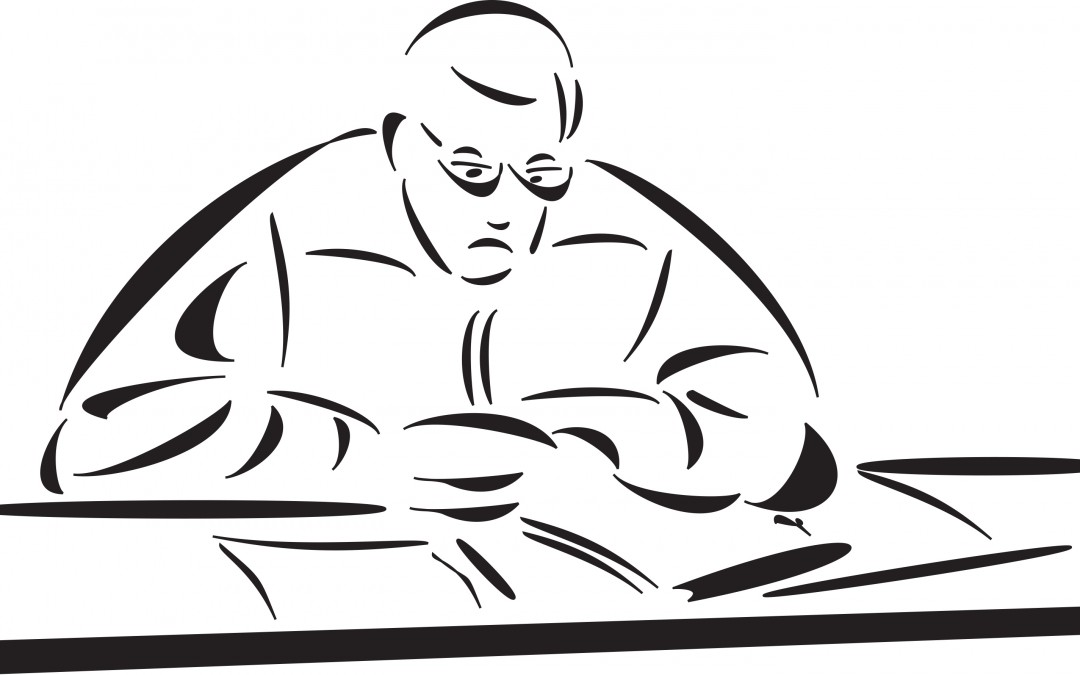by Marvin Schuldiner | Apr 28, 2016 | Commercial Mediation, Lawsuits
Traditionally, the “American Rule” has prevailed in New Jersey, meaning each side pays their own legal fees in a lawsuit. (This is contrasted with the “British Rule” where the loser of the litigation pays all fees.) There are public policy...

by Marvin Schuldiner | Apr 20, 2016 | Commercial Mediation, Lawsuits
I mediate many NJ Consumer Fraud Act cases. The state passed the original law in 1960 “‘to combat the increasingly widespread practice of defrauding the consumer” and added a private cause of action in 1971. (A private cause of action means that an...
by Marvin Schuldiner | Mar 2, 2016 | Commercial Mediation
The U.S. Equal Opportunity Employment Commission is charged with enforcing a number of our federal workplace anti-discrimination laws. Title VII of the 1964 Civil Rights Act sets up a number of “protected classes” (i.e. race, color, religion, sex or...

by Marvin Schuldiner | Mar 1, 2016 | Commercial Mediation
Getting people to agree is part of a mediator’s job. Perhaps getting people to agree is the core of a mediator’s job. Obviously, agreement is not an easy thing to attain. If it was, I would be out of a job as people would be able to resolve disputes on...

by Marvin Schuldiner | Feb 12, 2016 | Commercial Mediation
An article today in the New Jersey Law Journal discusses the career path of retiring judges who go into mediation. The NJ Constitution requires judges to retire when they hit the age of 70. Judges call this constitutional senility. Because of their role as judges...
by Marvin Schuldiner | Jan 20, 2016 | Commercial Mediation, Lawsuits
One of the advantages of mediation is that it can bring parties more than what “winning” at trial can bring. Most civil trials involve money. The courts do not give reasoning why they awarded a certain amount of money, or no money at all. Many people...



